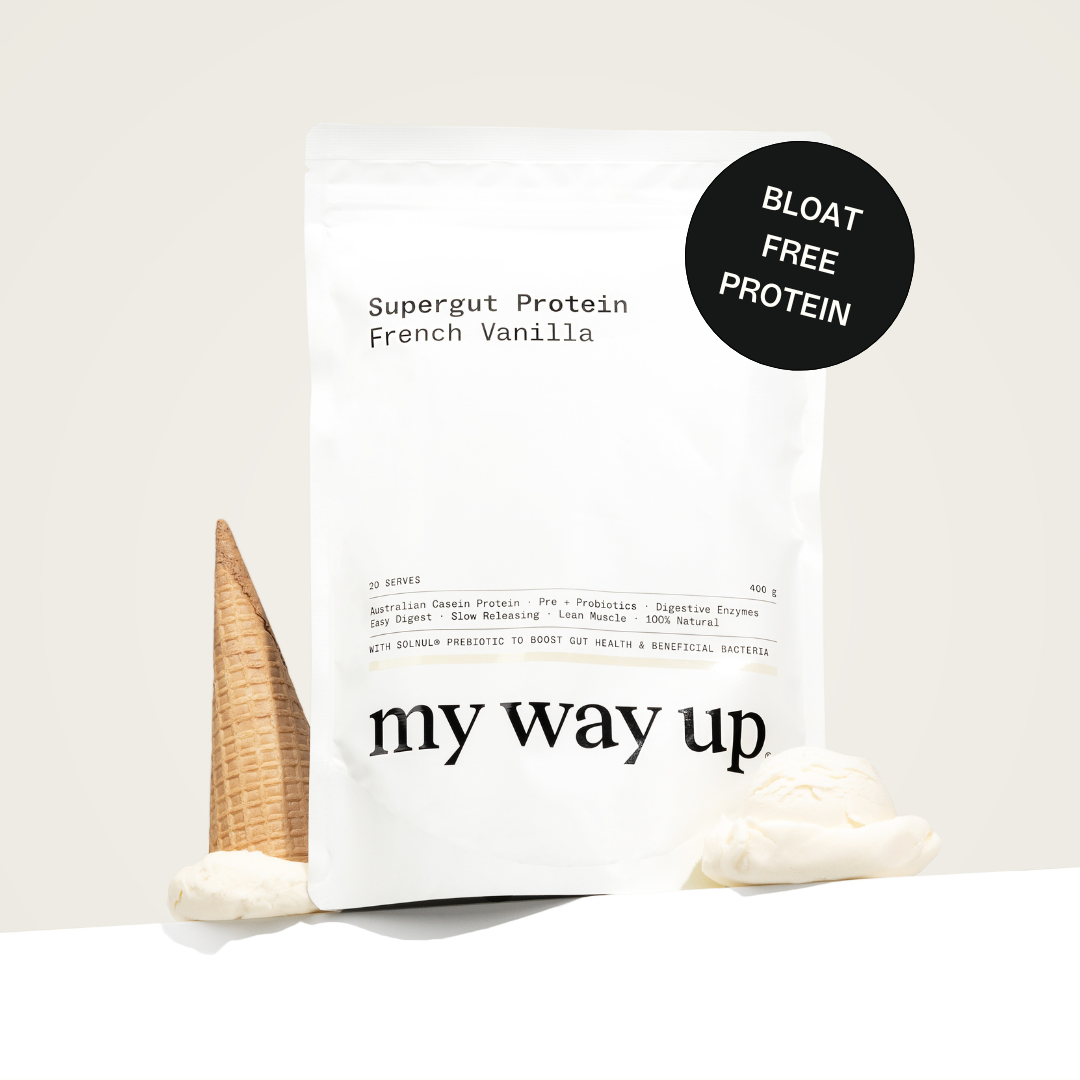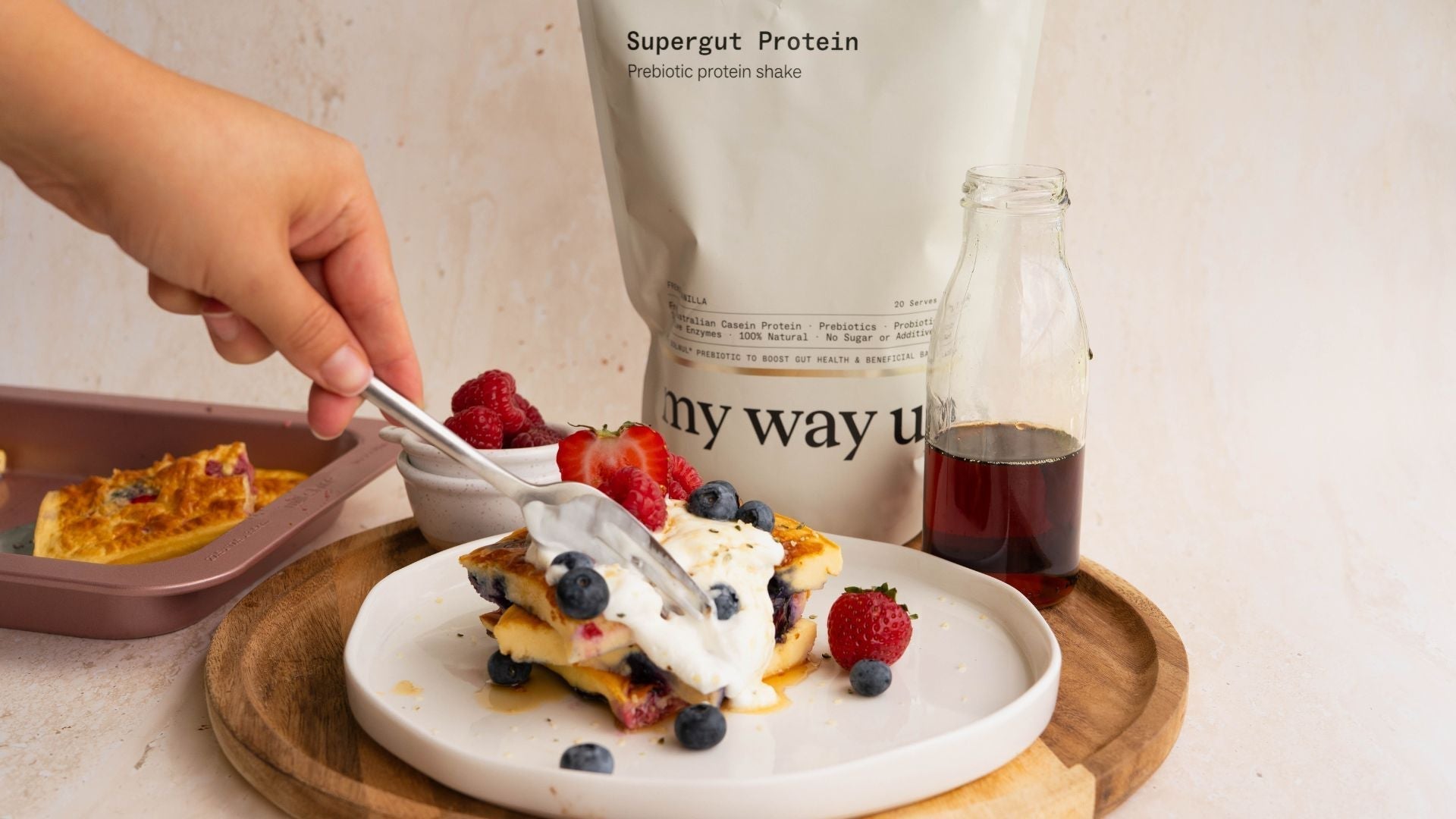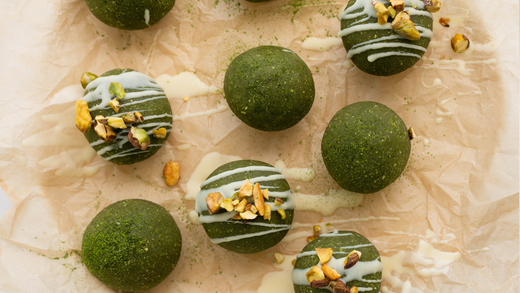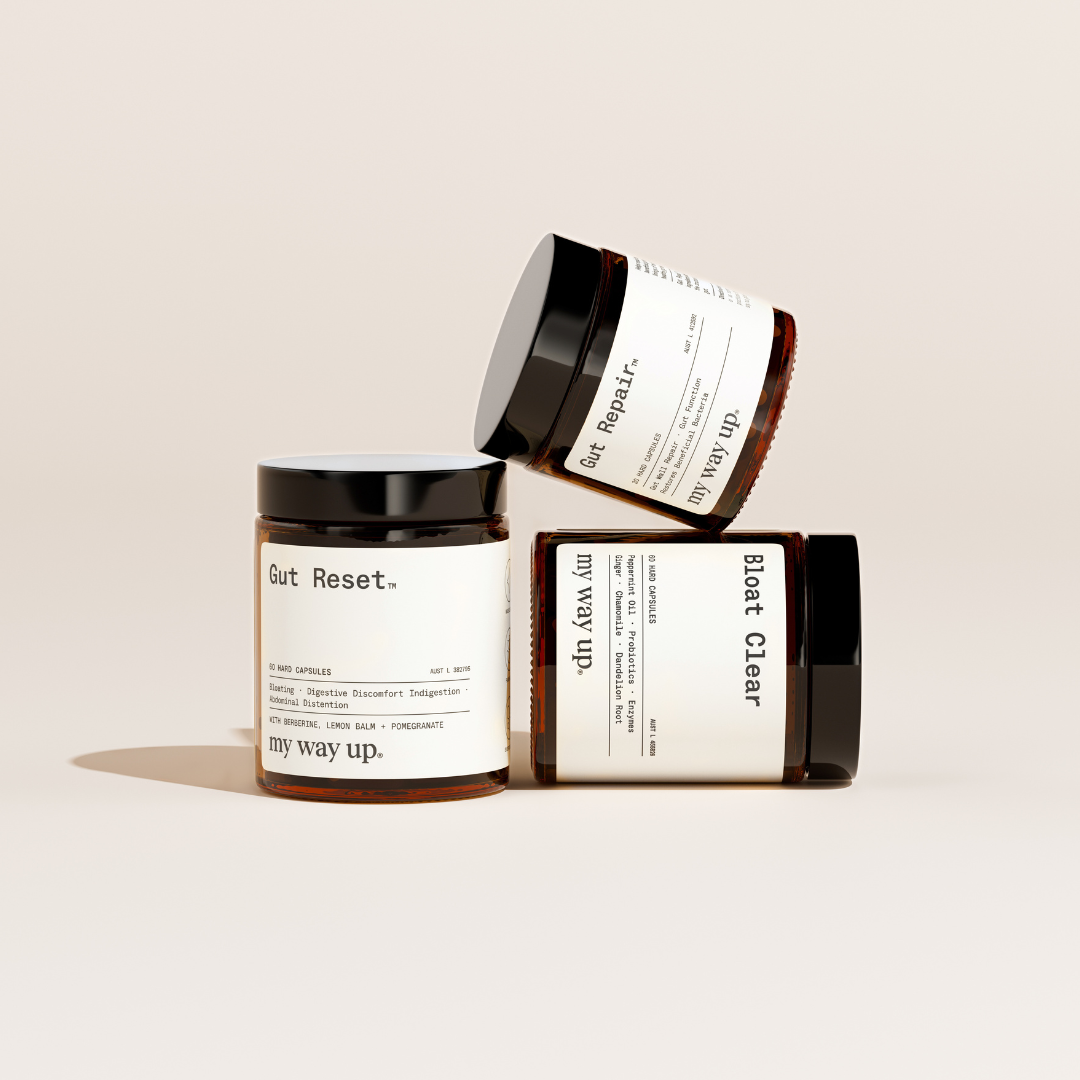Plenty of people switch to a non-dairy mylk in the hopes of solving their gut troubles, without realising that unfortunately many plant-based milk alternatives often contain gut-damaging additives which can worsen their symptoms.
Added ingredients can include seed oils, added sugars and emulsifiers, ingredients which can damage the gut lining contributing to intestinal impermeability, aka ‘leaky gut’.
This damage allows toxins and undigested food particles into your bloodstream where they don’t belong and sends your immune system into overdrive, triggering inflammation, skin flare ups and other gut symptoms.
When choosing a milk, we recommend full-cream or A2 cow’s milk or A2 cow’s milk, or cold-pressed, minimally processed options from local brands — these retain more natural nutrients, are gentler on digestion, and closer to milk in its pure state.
If opting for a plant-based milk, choose one that’s minimally processed with just a few simple ingredients - almonds, filtered water, sea salt — and always check the nutrition panel.
Are you canceling out your own calcium?
Calcium and phosphorus work together in the body, but the ratio matters — ideally, you want more calcium than phosphorus in your diet.
Dairy naturally provides a favourable calcium-to-phosphorus ratio, which helps support bone health, regulate parathyroid hormone, and prevent calcium from being pulled out of the bones and into soft tissues.
Many people today consume too much phosphorus relative to calcium, which can disrupt mineral balance and contribute to issues like bone loss, soft tissue calcification, and elevated parathyroid hormone (PTH).
This imbalance often stems from a diet high in muscle meats (use collagen to balance your protein intake), processed foods, soft drinks (especially colas), and grain-based products, all of which are rich in phosphorus but low in calcium.
Without enough calcium to balance this intake, the body may pull calcium from the bones to maintain proper blood levels, weakening skeletal integrity over time. Prioritising calcium-rich foods like dairy, sardines, and cooked or brothed leafy greens helps restore this critical ratio.






